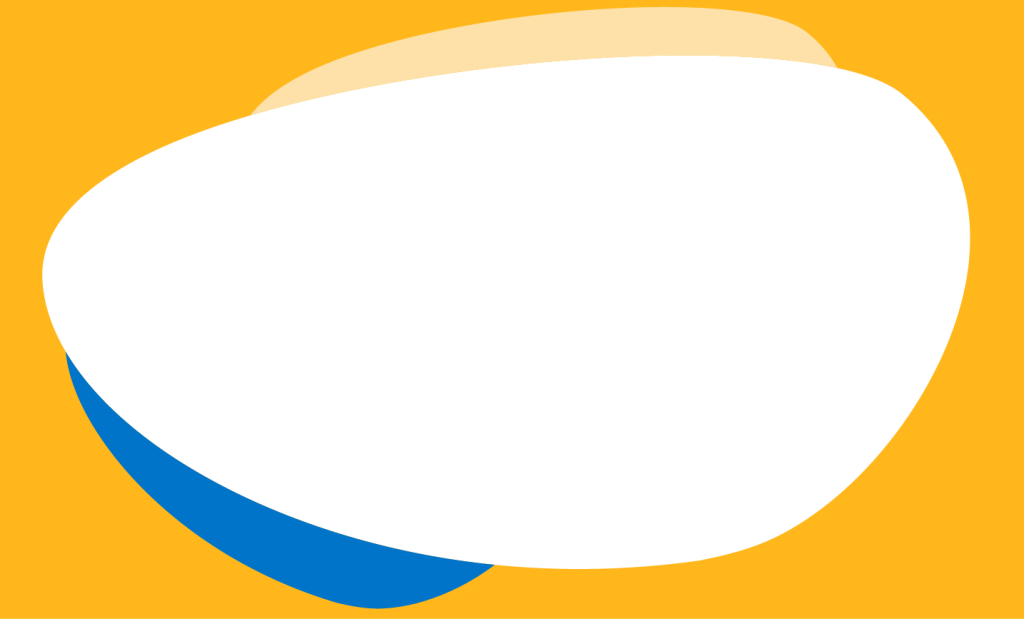

The body’s mid-line is an imaginary line down the centre of the body that divides the body into left and right. Crossing the body’s mid-line is the ability to reach across the middle of the body with the arms and legs. This allows children to cross over their body to perform a task on the opposite side of their body (e.g. being able to draw a horizontal line across a page without having to switch hands in the middle, sitting cross-legged on the floor or being able to insert puzzle pieces using the dominant right hand when the puzzle is placed on the left hand side of the body.
Crossing the body’s mid-line is an important developmental skill needed for many everyday tasks such as writing, reaching towards your foot to put on a shoe and sock with both hands and hitting a ball with a bat. When a child spontaneously crosses the mid-line with the dominant hand, then the dominant hand gets the practice needed to develop good fine motor skills by repeated consistent hand dominance. If a child avoids crossing the mid-line, then both hands tend to get equal practice at developing skills and the child’s true handedness may be delayed. This means that once a child starts school, learning to write is much more difficult when they have two less skilled hands rather than one stronger, more skilled (dominant) hand. Difficulty crossing the mid-line also makes it difficult to visually track a moving object from one side to the other or track from left to right when reading, meaning reading can also be delayed.

If a child has difficulties crossing the body mid-line they might:
When a child has crossing the body mid-line difficulties, they might also have difficulties with:
Therapeutic intervention to help a child with crossing mid-line difficulties is important to:
When children have difficulties with crossing the body’s mid-line, they might also have difficulties with:
If your child has difficulties crossing the body mid-line, it is recommended they consult an Occupational Therapist.

We acknowledge the land on which we operate as the traditional lands of the Kaurna people, and pay our respects to the spiritual relationship with country that all Aboriginal and Torres Strait Islander peoples hold.
Kid Sense is founded on inclusion and the belief that everyone is welcome. All diversity is celebrated, encouraged, represented and supported in our staff, our clients, and our community. You are welcome here.